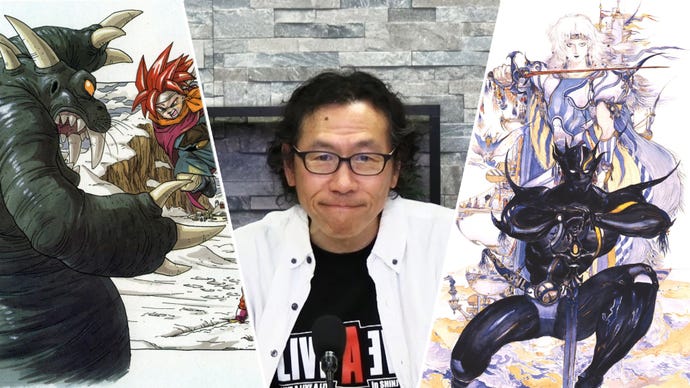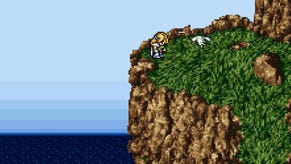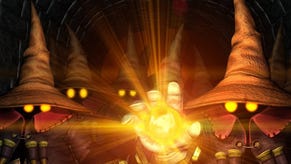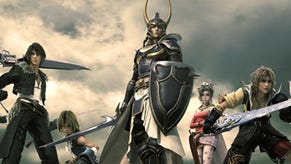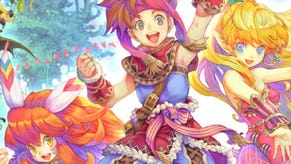“Experimentation and emotion”: The past, present, and future of RPGs with Final Fantasy 4's Takashi Tokita
One of the most influential RPG creators – developer of Final Fantasy, Chrono Trigger, Live A Live and Parasite Eve – talks about the future of the genre.
Before he was one of the most influential developers in the world, Square Enix’s Takashi Tokita was a stage actor. There was something about the art that appealed to Tokita; the emotion, the drama, the prestige of live acting – from an early age, the romance of the cinema called to him.
“At first, I wanted to become a comic artist, because in my childhood there were many manga magazines that I’d read – Shonen Jump, and so on,” the legendary Japanese developer explains to us in an interview at BIG Festival, Brazil. “Those comics led to anime, on TV and in movies, and seeing those made me want to either make a manga, or become a voice actor in anime. So I chose that latter. Mostly because it’s very difficult to write and draw everything for manga [laughter]. But voice acting? I can do that with just my body, voice, and mind.”
This appreciation for the dramatic stuck with Tokita. You can tell how embedded in him it is from the nature of his work – Final Fantasy 4, as Tokita has stated in the past, is the first game to really elevate the drama in the series. It’s the first game where those traditional themes of light and dark in the iconic RPG franchise really started to poke around at the chaos that lies between the two absolutes.
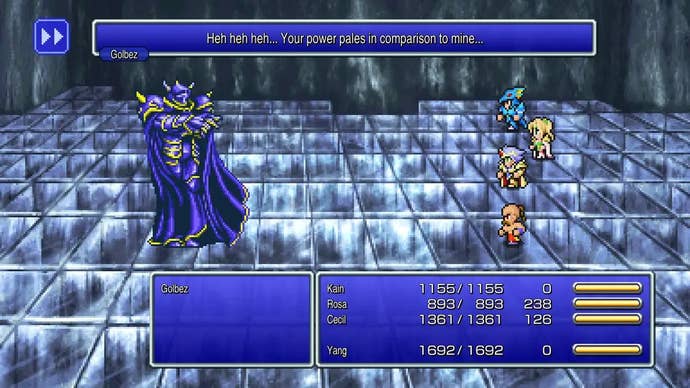
And that, per Tokita, is one of the fundamental elements of any good story – in games or any other form of entertainment. “I love both sides, the light and the dark. Like Star Wars,” he laughs. “The light, and the dark, together – that’s grey, that’s human. I like the turbulence between them. The chaos. It’s good for gameplay, and it’s good for drama. In the grey, it’s a good place to experiment. And that’s true through all entertainment.”
It’s very fitting for anyone that knows the Final Fantasy series that Tokita would choose ‘chaos’ as the word to describe what compels it (or, at least, what compelled the era of the games he worked most closely on). “For Final Fantasy 4, my task was script, writing, characters, music… everything… by myself! [laughter] I was one of the people who worked on pretty much everything, except the map and battles.”
And so Final Fantasy 4 holds a lot of Tokita’s soul, a lot of his values. A lot of the direction of his life, wrapped up in a tale of revenge, redemption, and romance. “Final Fantasy 4 represents this game that included my aspirations from being a manga artist, from being an actor, from being a director. It set an important turning point, in my life,” reflects Tokita. It also set a turning point for the series – from FF4 onwards, the RPG behemoth became more emotional, more concerned about the lives and loves of its characters than it was about simply letting players kill orcs and dwarves.
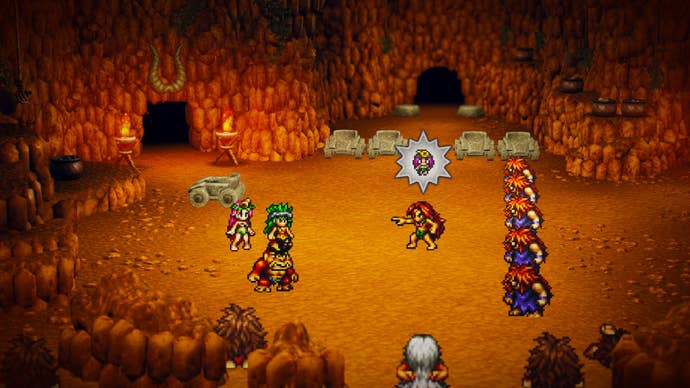
When I asked Tokita about the path this game – amongst others – set the RPG genre down, he laughs. “Nowadays, RPGs have many styles – they’re made around the world, for all different consoles, by indie developers and big developers. So what does RPG mean to me? To play an original character in an original world. This is RPG. You can make any world, any story, any character – anything – into an RPG.”
He tells me that it was Dragon Quest 2 that taught him this; that it was Koichi Nakamura’s Enix RPG that made him realise role-playing games could be… well, anything. “Dragon Quest 2… that’s my ‘destiny’ game,” he reflects. “When I was an actor, one of my friends was a programmer, and he recommended I play the game he was working on: Dragon Quest 2. I don’t like Dragon Quest 1… there’s only one character, no variety, no action.
“But when I played Dragon Quest 2, I saw that it had many characters, and drama, and a great storyline. So, it made me realise I can make any story and any character work in a video game RPG. Which led to the work I did on Final Fantasy.”
Tokita experimented with the Final Fantasy formula back – in 1991! – long before the series would even consider dropping the turn-based setup of its heritage to go full player-action, like in Final Fantasy 16. Tokita says the genre, and the series as a whole, has always been about experimentation. It’s essential to its DNA.
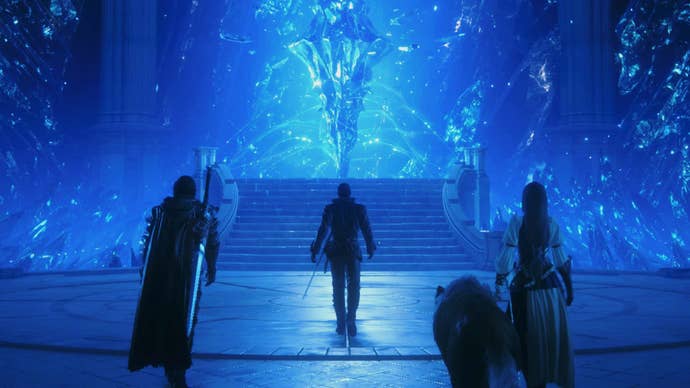
“I think the most important things are emotion and experimentation,” he responds when I ask him what, in essence, makes a great role-playing game. “And that’s not just in RPGs, but in all entertainment. Good entertainment is where the audience or the player can be immersed, and our expectations for how that works keep increasing. So, I believe that’s the truth of entertainment – we need to keep experimenting. [He mimics with one hand low, one hand high] Other media is up here, and we are here. We keep experimenting, we can get up to here, too.”
Please note: the interview with Takashi Tokita has been edited for readability and clarity. It was conducted at BIG 2023, prior to a talk given by the Square Enix developer about his career and his history with role-playing games.
